Heirloom Seeds
Mike Larkin
11 years ago
Related Stories
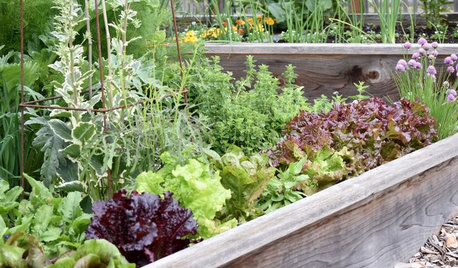
GARDENING GUIDESSeeds or Seedlings? How to Get Your Garden Started
Growing delicious herbs and vegetables starts with knowing your goals and when you want to plant
Full Story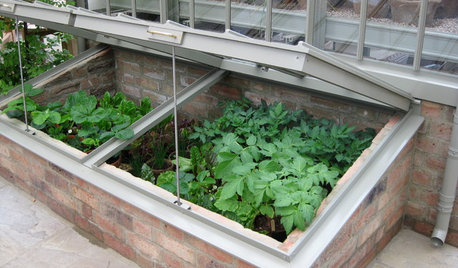
WINTER GARDENINGExtend Your Growing Season With a Cold Frame in the Garden
If the sun's shining, it might be time to sow seeds under glass to transplant or harvest
Full Story
HOUZZ TOURSMy Houzz: A Stylish Brooklyn Apartment Filled With Memories
Collected pieces from travels, family heirlooms and contemporary finds turn an apartment into a home for 3
Full Story
HOUZZ TOURSMy Houzz: Sweetly Charming Ohio Family Cottage
This well-loved home exudes warmth with family heirlooms and hand-crafted furnishings, paired with a gorgeous backyard garden
Full Story
EVENTSDesign Calendar: Feb. 10-Mar. 2, 2012
Whitney Biennial, Seattle Home Show, Chicago seed swap and more
Full Story0
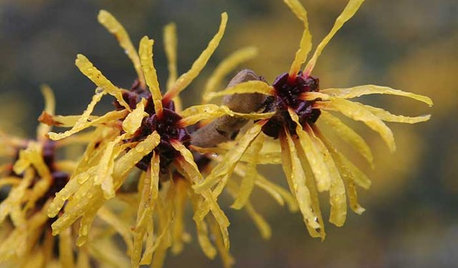
NORTHWEST GARDENINGPacific Northwest Gardener's February Checklist
Let witch hazel cast its spell, shut off your mason bees' snooze button and hit up the nursery for seeds and roses
Full Story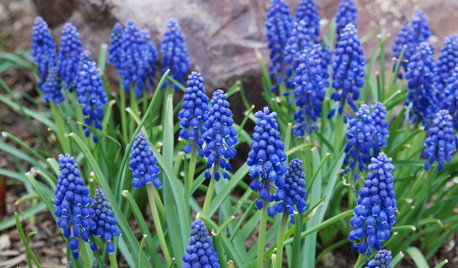
REGIONAL GARDEN GUIDESNortheast Gardener's April Checklist
Revel in the wonders of spring by babying bulbs, sprinkling seeds for root crops and setting out some nibbles for the birds
Full Story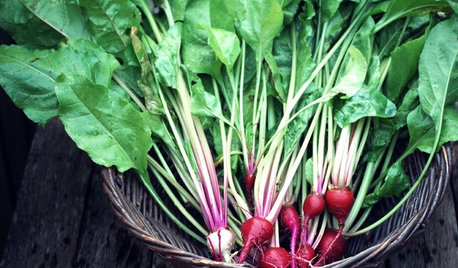
EDIBLE GARDENS8 Last-Minute Additions to a Summer Edible Garden
It’s not too late to get these vegetables and herbs planted for a bountiful harvest this year
Full Story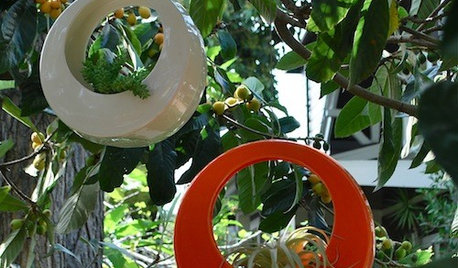
GARDENING AND LANDSCAPING40 Great Gifts for Gardeners
What to Get for Green-Thumb Types. It's a No-Gnome Zone.
Full Story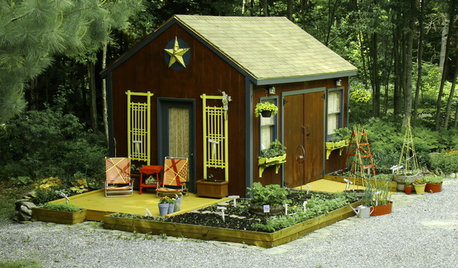
GARDENING AND LANDSCAPINGDig This Garden Shed Makeover for Less Than $300
New paint, accessories and raised vegetable beds turn a drab outpost into a colorful charmer
Full StoryMore Discussions







digdirt2
jimster
Related Professionals
Allen Landscape Architects & Landscape Designers · Barrington Hills Landscape Architects & Landscape Designers · Benbrook Landscape Architects & Landscape Designers · Belvedere Park Landscape Contractors · Boca Raton Landscape Contractors · Damascus Landscape Contractors · Kerman Landscape Contractors · Lees Summit Landscape Contractors · Maywood Landscape Contractors · Mendota Heights Landscape Contractors · Peoria Landscape Contractors · Tavares Landscape Contractors · Norridge Landscape Contractors · Ocala Driveway Installation & Maintenance · Riverside Driveway Installation & Maintenancenc_crn
jonfrum
RpR_
ainmusa
wayne_5 zone 6a Central Indiana
digdirt2
jimster
jonfrum
tishtoshnm Zone 6/NM
Edymnion
nc_crn
nc_crn
jimster
jimster
jonfrum
RpR_
nc_crn
foolishpleasure
nc_crn
RpR_
nc_crn
jimster
little_minnie
digdirt2